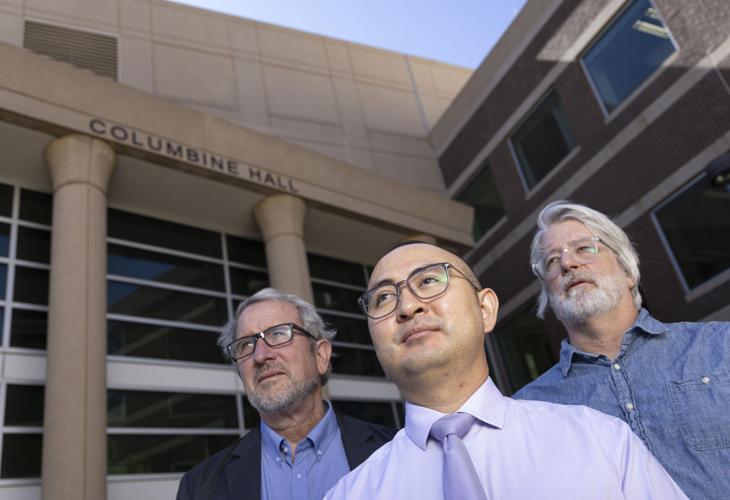
Dot-dot-dot. Dash-dash-dash. Dot-dot-dot.
The Morse code abbreviation for SOS became a well-known symbol for me as a youngster. The code was not important to know because I needed saving, but because it was a universal code for help. Everyone interested in communicating worldwide knew about Morse code.
Dad was deeply interested in being a ham radio operator. Hence, I was fascinated with learning how to spell the alphabet with dots and dashes. It was not until today that I learned that the term “ham” had originally been a derogatory description of incompetent operators or lousy schools that taught what was needed to be a certified and licensed international radio operator.
For example, “That guy broadcasting down the street is a real ham.” In my youth, only sophisticated, deeply committed people with some extra money were ham radio operators. It required equipment ranging from simple telegraph keys to sophisticated radio transmitters and giant ariels.
Being a ham operator also meant having intelligence or memorization skills to pass the radio operator’s license test to get you on the air legally. I’ll admit I didn’t understand all the ramifications needed to obtain the three levels of licenses, but my lack of knowledge was tied directly to our meager finances and my delicate age. We could not afford any of the necessary equipment to get online.
Consequently, just working on learning Morse code with a fake telegraph key was the extent of my dream. Then, the world changed. Even though the Federal Communications Commission approved airwaves for citizens’ band radios in 1947-48, they didn’t come on the scene until much later.
My first exposure to these “anyone can use them without knowing anything” radios came in the mid-1960s, years before they became a fad. My then-steady girlfriend’s father used to sit at a base station in their living room while we held hands and tried to watch television. He’d spend endless hours exchanging meaningless banter with other cutting-edge CBers on Friday evenings while we ate a giant 25-cent bag of Wise potato chips and drank a 25-cent liter of Pepsi.
It wasn’t until over a decade later that hundreds of thousands of both truck and car drivers in the United States purchased CB radios. You could plug them into your cigarette lighter and attach a portable aerial to the roof or window of your vehicle. Everyone began saying things like “Breaker-Breaker-One-Nine.
Are there any Smokies up ahead?” One-nine, 19, was the truckers’ channel, and that phrase broke into any conversation to see if the police were waiting along the road. The Smokey part of that phrase originated because the hats worn by highway patrolmen resemble the ones worn by Smokey Bear, the U.S.
Forest Service’s fire prevention mascot. Later, the movie, “Smokey and the Bandit” became popular. Smokey, played by Jackie Gleason, was the police, and the Bandit was a wild character played by Bert Reynolds.
Once, while lost in the Oakland section of Pittsburgh, I made the mistake of asking for directions on my CB radio. A dozen people came on the CB, each with incredibly detailed directions. The problem was they disagreed with each other at the top of their voice about which way I should go.
I became so unnerved by this that my stress level hit 100 on a scale of 100. Finally, when I couldn’t take it any longer, I suddenly had a great idea. I reached over and turned off the CB and never turned it back on again.
Ironically, we don’t have to use a CB to get directions or find out where Smokey is. All you have to do is bring up the direction app, Waze. You’ll see where to go and if Smokey is on the left, the right, or hidden.
Progress? I’m not so sure. For one thing, it does not tell you if they are directly behind you. Truthfully, you’re better off not breaking the law and endangering people, but at least you won’t have to ask for directions.
10-4, good buddy. Nick Jacobs is a Windber resident..














